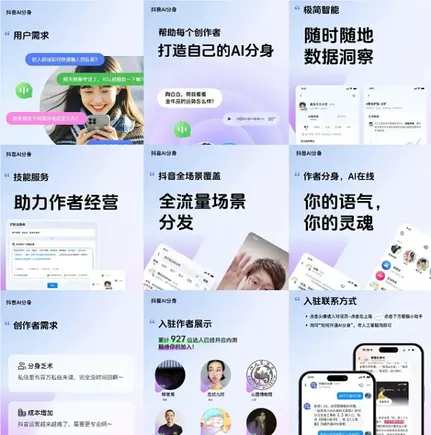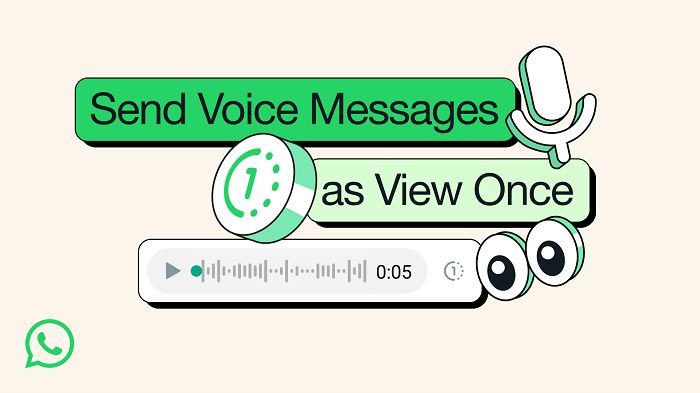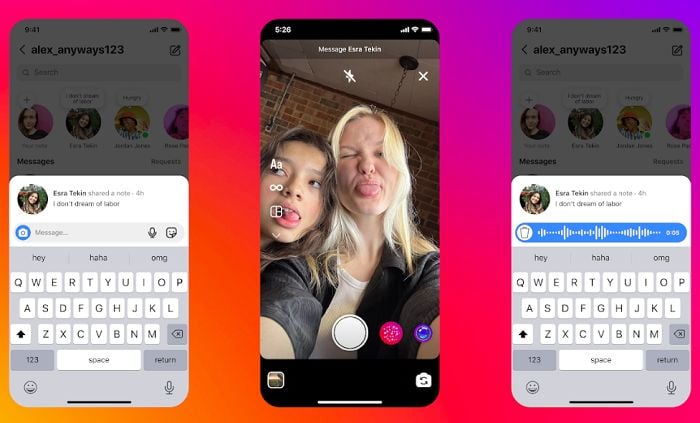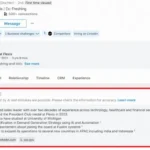Are virtual avatars the future of digital interaction, moving further away from traditional social elements?
Meta CEO Mark Zuckerberg seems to think so, based on his recent statements about AI-generated content becoming a bigger part of the social media experience. Which aligns with Meta’s own push to introduce more and more generative AI elements, including AI avatars based on creators.
And TikTok could soon add the same, according to the latest feature update for Douyin, the Chinese version of the app.
As reported by AIbase, Douyin is developing a new project called “V” which aims to “expand the boundaries of live streaming and interaction.”
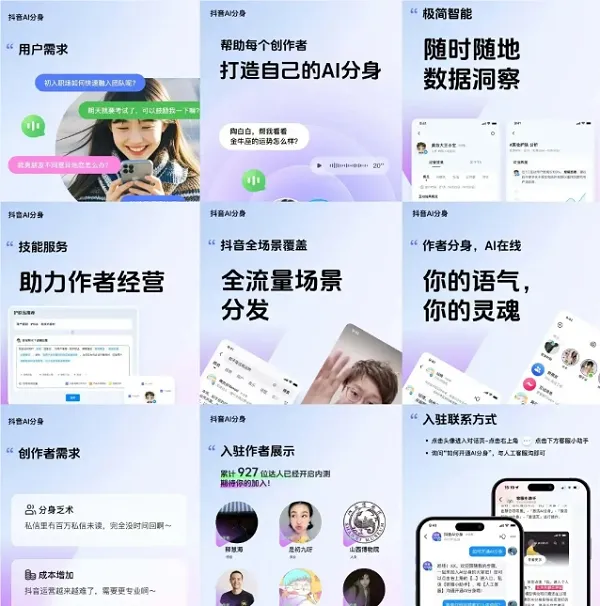

As per AIbase:
“The core highlight of the “V Project” is the AI Avatar feature. This feature allows creators to generate a virtual avatar that resembles their personality and thinking, enabling continuous interaction with users 24/7. Users can engage in conversations with this avatar to gain insights and suggestions from the creator, ensuring real-time interaction whether the creator is online or not.”
Which is pretty much the same as Meta’s evolving virtual avatar model, which it showcased at its recent Connect event.
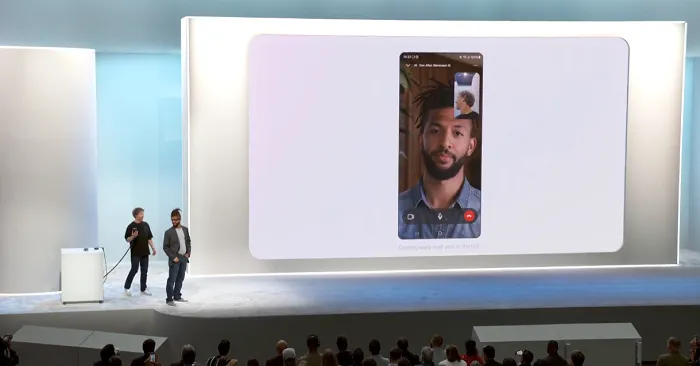

As you can see here, Meta’s video avatar tool will enable creators to build video versions of themselves, built on their previous interactions, posts, and other info. Those virtual characters will then be able to interact on their behalf, which sounds very similar to Douyin’s model.
Though Douyin has more experience on this front.
On Douyin, virtual avatars have been available for some time, with many hosting continuous shopping live-streams in the app.
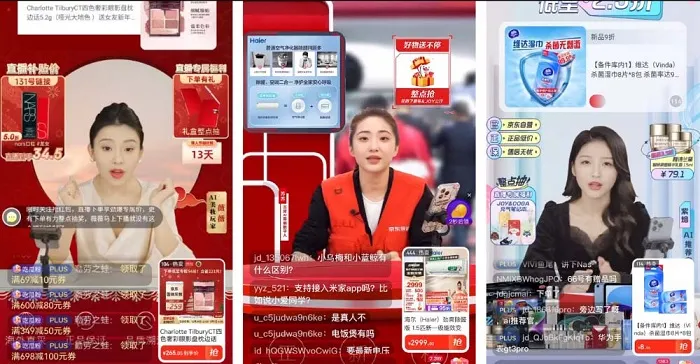

And these digital characters are generating big results, putting them in high demand for brand partners. Indeed, there are now over 993,000 digital avatar companies registered in China, offering cheap production of virtual characters that are able to stream 24/7 in various apps.
Given this, Douyin is already well-versed in how to generate and utilize virtual influencers, which are also now available on TikTok as well.
Douyin’s updated AI character models will be able to conduct even more types of engagement in the app, including interacting within comment streams, replying to DMs, responding during live stream chats, and more, all in the style of the creator.
Which could then help to free up creators to spend more time focused on other elements of growing their presence, but it remains to be seen whether virtual characters like this are going to have the same allure with Western audiences.
Many Chinese market trends have failed to translate to the U.S., with shopping on TikTok being one of them. With that specific example in mind, it seems unlikely that virtual characters will be a hit, but Meta seems to think that it’s onto something, and maybe there will be consumer interest in engaging with bot versions of real influencers in apps.
But I don’t see it.
AI bots, no matter how good they are, are just that, bots, not real people that can engage in real conversations, which has long been the essence of social apps. I mean, some people are conducting chats with ChatGPT to help them think through different things, with the bot acting as a sounding board, of sorts, to help clarify their thoughts. I can see that kind of use case and interaction, but replacing real people in social apps with bots doesn’t seem overly engaging, or interesting, outside of initial novelty value.
Part of the allure of social media is that you can interact with anyone, so you can tag, say, a Hollywood celebrity in your post, and they might just respond to you. Having bots respond on their behalf feels like a homogenized variation, an artificial interaction that equates, essentially, to conversing with a machine.
I’m not sure people will want that, no matter how human or lifelike these bots end up being.
But even so, it does seem like this is going to become more common, with more apps looking to provide more AI bot interaction options in-stream.
Maybe there’s more value to this than it initially seems, and maybe users are now so addicted to likes and followers and engagement that they won’t care so much whether these are actually coming from real people or not.
But after years of user complaints about bots and bot responses on social media apps, within DMs, comments, etc., I’m not sure that reframing them as smarter bots, that look like your favorite celebrities, is going to do the trick.

